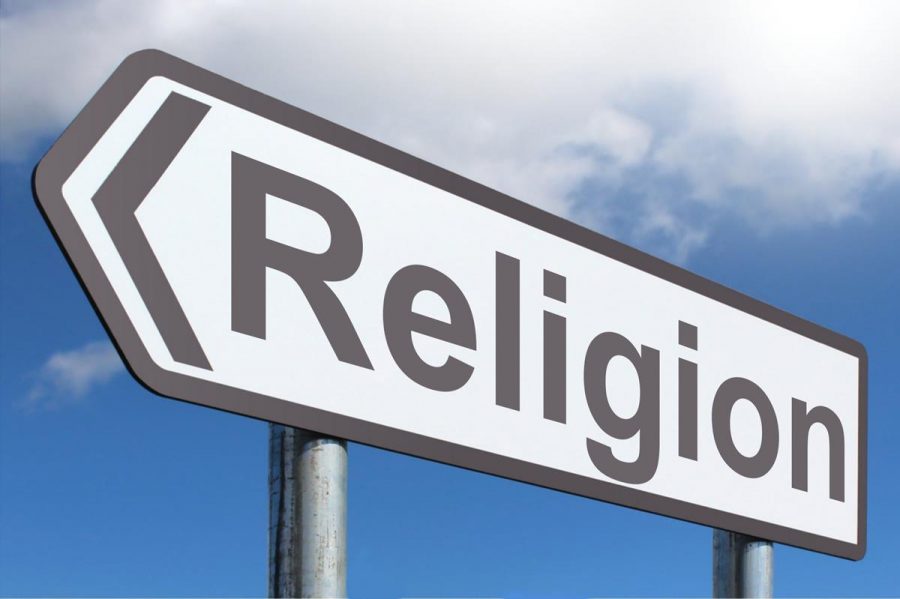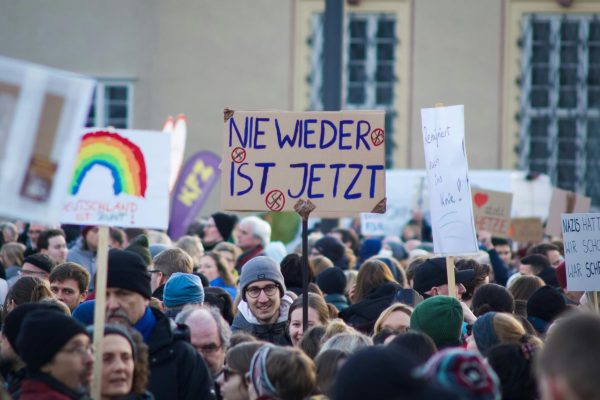Empowering Minority Religions
In today’s reality of nation-states, we often find ourselves living among a polychromatic citizenry or citizens of multi-faith/multi-ethnic backgrounds, with roughly two hundred independent states that contain 600 living language groups, and 5000 ethnic groups. Additionally, most of these citizens of the world carry religious identities: 2.2 billion Christians followed by 1.6 billion Muslims, 1 billion Hindus and so on (Malik Ajani, UCL). This diversity of human identities can lead to both overlapping consensuses on certain values, practices and ways of living, but also areas of perceived difference and consternation. Secular democracies often negotiate the interpretation of values, many times to the detriment of their minority citizens, leading to minorities and indigenous peoples being among the most marginalised communities in many societies. They are often excluded from participation in social and economic affairs, may not have access to political power, and are frequently prevented from expressing their identities.
Inclusive and representative democracies are supposed to provide for the full and active participation of all their citizens irrespective of race, gender, religion or ethnic identity. The rights of religious minorities in particular need to be guaranteed by the majority, as they are groups most often under threat in transitional and emerging democracies, as stated by The International Foundation for Electoral Systems. Iran is a notable example of constitutional discrimination against minority religions as only Muslims are able to take part in the government and to conduct public affairs at a high level and according to the constitution the president of the Islamic Republic of Iran must be a Shi’a Muslim. Moreover, non-Muslims are not eligible to become members of the Parliament (the Islamic Consultative Assembly) through the general elections. Christians, Jews and Zoroastrians can only run for the specific seats allocated to these minorities: one seat for Zoroastrians, one seat for Jews, one seat for Assyrian and Chaldean Christians, one seat for Armenian Christians in the North and one seat for Armenian Christian in the South. However, these minorities are unable to play a role in mainstream politics. As for the non recognized religious minorities, they are totally excluded from any Parliamentary representation since they can neither vote nor be elected.
Sadly, there is a tacit tendency in the liberal tradition to promote human reason, but also to put reason on hold, when dealing with those who are perceived to be “different” or “other”, in order to justify inequalities towards them. Such a lapse of reason when dealing with minorities allowed the legitimization of practices and institutions that worked to disenfranchise Native Americans, and for notions of the “barbarian” to legitimize the European colonial program on the so-called “uncivilized” “Global South”(The Global South is a term identifying lower income countries on one side of the so-called global North–South divide, a socio-economic and political division of Earth). Therefore, active cultivation of greater knowledge of the co-cultures and religions of citizens, who may be minorities in number but are part of the citizenry, is crucial in destigmatizing the idea of them as “others” and fully accepting them as citizens.
Accepting and integrating minority religions into society is a crucial step in combating the discrimination they face. Discrimination in access to employment is common for many religious minorities and exclusion from the formal labour market is a major cause of higher poverty. State requirements of identity cards that denote religion often enable such discrimination. Additionally, religious minorities may have less access to legal representation, making it more difficult to protect themselves against unfair job dismissals or attacks on their property or businesses. In Bangladesh, human rights NGO Odhikar has documented numerous cases where Hindus have faced indiscriminate, and sometimes violent, seizures of their property with little protection from the police and with the complicity of the government. This means that addressing the marginalization of minority religious groups requires exposing deeply entrenched discrimination and transforming bureaucracies built to exclude them.
Governments globally need to create an enabling environment where minorities can thrive. This means eliminating all forms of religious persecution, harassment, violence and discrimination that generate instability and conflict. Strengthened rule of law, impartial policing and greater freedom of expression are integral to development and will establish stronger investment confidence and opportunities in the local and national economy. With their personal security protected, and their jobs, businesses, homes and land secured, religious minorities will be better able to focus on achieving prosperity for their families and the wider community. Another solution to tackling the marginalization of religious minorities is to systematically analyze the economic, social and political status of these communities in key aid modalities. National action plans for poverty reduction and education, for example, should include measures that foster the inclusion of religious minorities. In addition, state parties must revise their domestic legal frameworks to ensure that discrimination on the basis of religion is clearly prohibited and that remedies to redress discrimination are easily accessible. They also have an obligation to ensure the realization of non-discrimination, even where legal frameworks are in place.
Addressing these issues is not a question of restricting religious freedom or promoting assimilation strategies, but rather acknowledging them within the human rights framework. Members of religious minority groups are entitled to the same human rights, and states are obliged to respect and enforce that.







